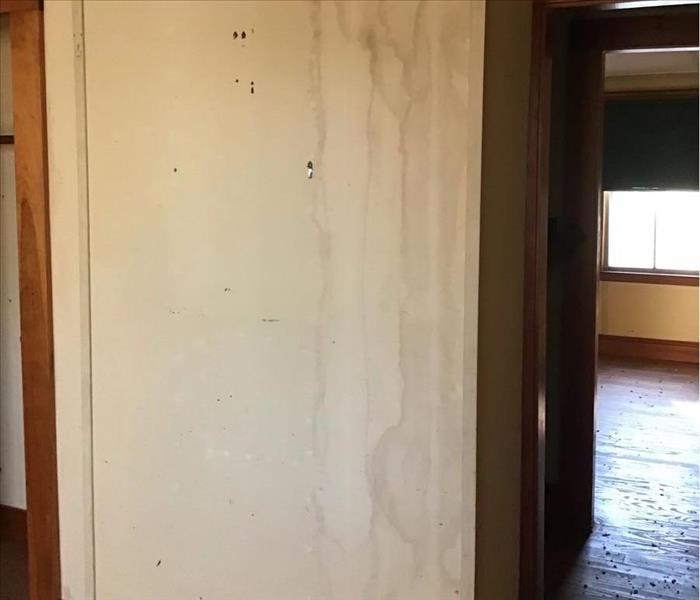Understanding Water Damage in Condos and Apartments: Responsibilities and Solutions
10/16/2024 (Permalink)
Water damage is one of the most common and costly issues that condo and apartment owners face in Dover, New Hampshire. According to the Insurance Information Institute, water damage accounts for about 20 percent of all insurance claims filed by homeowners, including those in multi-family residences like condos and apartments. Whether it's due to a burst pipe, a leaking roof, or a malfunctioning appliance, water damage can cause significant structural issues and financial burdens if not addressed promptly.
The Scope of Responsibility
Understanding Who Is Responsible
In a condo or apartment setting, determining responsibility for water damage can be complex. The answer often depends on the source of the damage and the specific language in the lease agreement or condo bylaws. Generally, the responsibility is divided between the tenant, the property owner, and the condo association.
- Tenants: Typically responsible for any damage caused by their personal property or negligence, such as an overflowing bathtub or a leaking appliance they own.
- Property Owners: Usually responsible for maintaining the integrity of the structure, including plumbing systems, roofs, and common areas. They may also be liable if the damage results from failing to address known issues.
- Condo Associations: Responsible for maintaining common areas and the building's exterior. They may also be liable for damages if they fail to maintain shared plumbing systems or if the damage originates from a common area.
Steps to Take When Water Damage Occurs
If water damage occurs in your condo or apartment, it's crucial to take immediate action to mitigate further damage and to determine who is responsible. Here’s a step-by-step guide:
- Document the Damage: Take photos and videos of the affected area to document the extent of the damage. This will be important for any insurance claims or disputes.
- Notify the Necessary Parties: Contact your landlord, property manager, or condo association immediately to report the damage. They may need to notify their insurance company, or you may need to file a claim with yours.
- Mitigate Further Damage: Take steps to prevent further damage, such as shutting off the water source, if possible, and removing any personal property that could be damaged.
- Consult the Bylaws or Lease Agreement: Review the lease agreement or condo bylaws to understand the responsibilities and procedures for repairs. This document will outline who is responsible for what and the steps to follow.
Preventative Measures
Protecting Your Investment
Preventing water damage is the best way to avoid the headaches and costs associated with repairs. Regular maintenance and proactive measures can go a long way in safeguarding your property.
- Regular Inspections: Schedule regular inspections of your plumbing, appliances, and roofing to catch potential issues before they become major problems.
- Install Water Detection Devices: Water detection alarms can alert you to leaks or excess moisture before significant damage occurs. These devices are particularly useful in areas prone to leaks, such as under sinks or near washing machines.
- Know Your Insurance Coverage: Ensure that your insurance policy covers water damage and that you understand the terms. Consider additional coverage for specific scenarios that may not be included in a standard policy.
Water damage in condos and apartments is a serious issue that requires prompt attention and a clear understanding of responsibilities. By knowing what to do when damage occurs and taking preventative measures, you can protect your investment and avoid costly repairs in the future.
For more information on how to handle water damage, or if you need professional assistance, contact SERVPRO® today. We're here to help you navigate through the complexities of water damage restoration and get your property back to its pre-damage condition.






 24/7 Emergency Service
24/7 Emergency Service